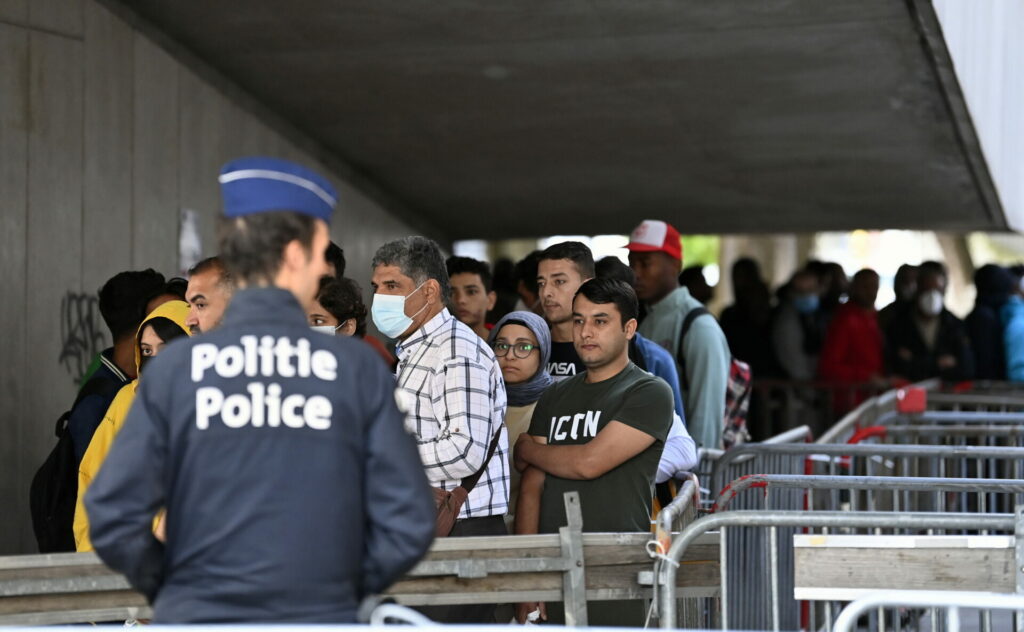96% of asylum applications processed under Belgium's new "fast track" system are rejected. All cases that are turned down concern people who came from countries considered safe, or are not thought to be at risk in their country of origin.
Since February, Belgium's Commissioner General for Refugees and Stateless People (CGVS) – the body that grants refugee status – can accelerate the processing of asylum applications of people with little chance of attaining refugee status. Outgoing State Secretary for Asylum and Migration Nicole de Moor (CD&V) introduced the system to relieve pressure on asylum services.
The system only applies to applications from people from the "safe country" list (including Moldova, Albania, Kosovo and India) and nationalities with a low chance of recognition. It is similar to the accelerated European border procedure, included in the EU migration pact, which states that people with little chance of getting recognised status should receive a decision within 12 weeks. In Belgium, the aim is to process requests within 50 working days.
Since the fast-track procedure was introduced, 859 people received a decision within this timeframe, De Tijd reported. The files of people from safe countries were processed in 14 working days on average. Those of people with a low chance of receiving protection were done in 40 working days. Applications from Moldova, Congo and Georgia – three nationalities with a low chance of obtaining asylum – are most likely to be processed via this method.
Almost all applications that went through this process (96%) were rejected, but despite the low success rate, many asylum seekers still apply for protection.
Don't make the journey
Part of the ongoing negotiations to form the next Federal Government saw de Moor table an extension to the procedure which would place all asylum seekers eligible for the fast track in one reception centre. She argued this should save time and ensure that asylum seekers who are rejected leave the reception network.
De Moor also wants to discourage people who do not need protection from applying for asylum. For two weeks, asylum seekers from safe countries or with nationalities that have a low chance of having their application approved have been receiving letters that explain why they will likely be refused and how they will be obliged to cooperate.
The Minister instructed the Immigration Department to raise awareness via social media among the relevant nationalities. "Even better than quickly giving people clarity that they have almost no chance of asylum is making sure they don't come here." However, past research has shown that similar deterrence campaigns have little to no effect.

